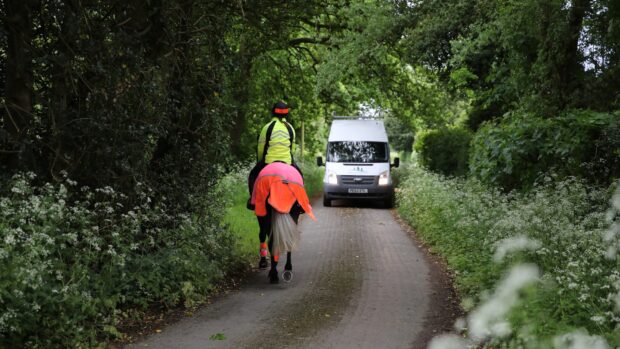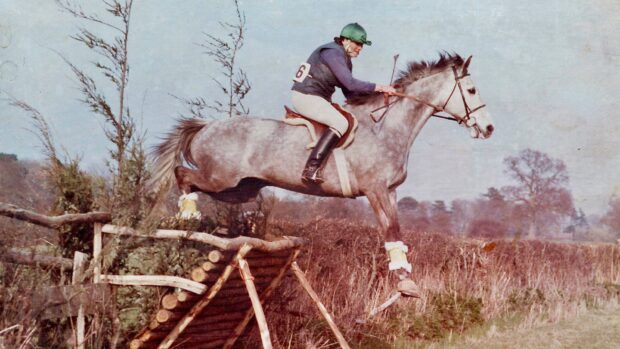A Sounding Board Meeting for the strategy of the horse industry in England was held at Defra’s instigation in London on Wednesday.
The meeting included a series of discussion groups on key strategic issues which had been identified at the British Horse Industry Confederation (BHIC) following the publication of the Henley Centre report, commissioned by Defra and the BHIC.
The strategic issues discussed on Wednesday were as follows:
- Enhancing the image of the Horse Industry
- Improving economic performance of equine businesses
- Encouraging sporting excellence
- Improving the quality of British bred horses
- Improving skills/ training/ standards
- Improving riding access and off road riding
Graham Suggett, Director of Breeding at the BEF, led the discussions about the breeding industry, covering topics ranging from the question of a mandatory stallion licensing scheme to the possibilities of tapping into the government’s funding for tourism.
“The clearest message that came through from the discussions is that we have to get together as one body, and prevent any in-fighting,” Suggett explains.
“We are now developing a unity of purpose, namely that we want to have a British Sport Horse which regains its position in the world.
“Partly to this end, our objectives must be to reduce indiscriminate breeding, and only breed from the best, relating breeding to performance. Similarly, standardising stallion grading across the breeds in a national grading system will increase confidence.”
Sporting excellence was another issue discussed in detail at the meeting. Chairman of the BEF, Andrew Finding says that the focus must be on “widening the base” – increasing access for young people, expanding support for talent and setting standards.
An exciting new prospect, he explains, is the “long-term athlete and equestrian development programme.
“This is a question of identifying all the strands that contribute to sporting success in the long term, working out the ages for different training motives, and ensuring that as much as possible is put back into the industry,” Finding says.
Above all, a point that was made by several people present at the meeting is the positive significance of the air of co-operation and progress with which the industry seems to be newly imbued.
Cathy McGlynn of the BHIC, who led discussions on improving skills, training and standards, noted that the two main points that arose during the course of the day were the need for more co-ordination and evaluation across the industry, and the need to raise awareness among employers of continued development of skills among employees. She emphasised, though, that what had struck her most was “how positive the mood was at the sounding board.”
“It is incredible to think where we have come from in the last four or five years, and it is a terrific milestone to see so many major industry figures at an event funded by the government for the benefit of the horse industry,” Andrew Finding commented.



